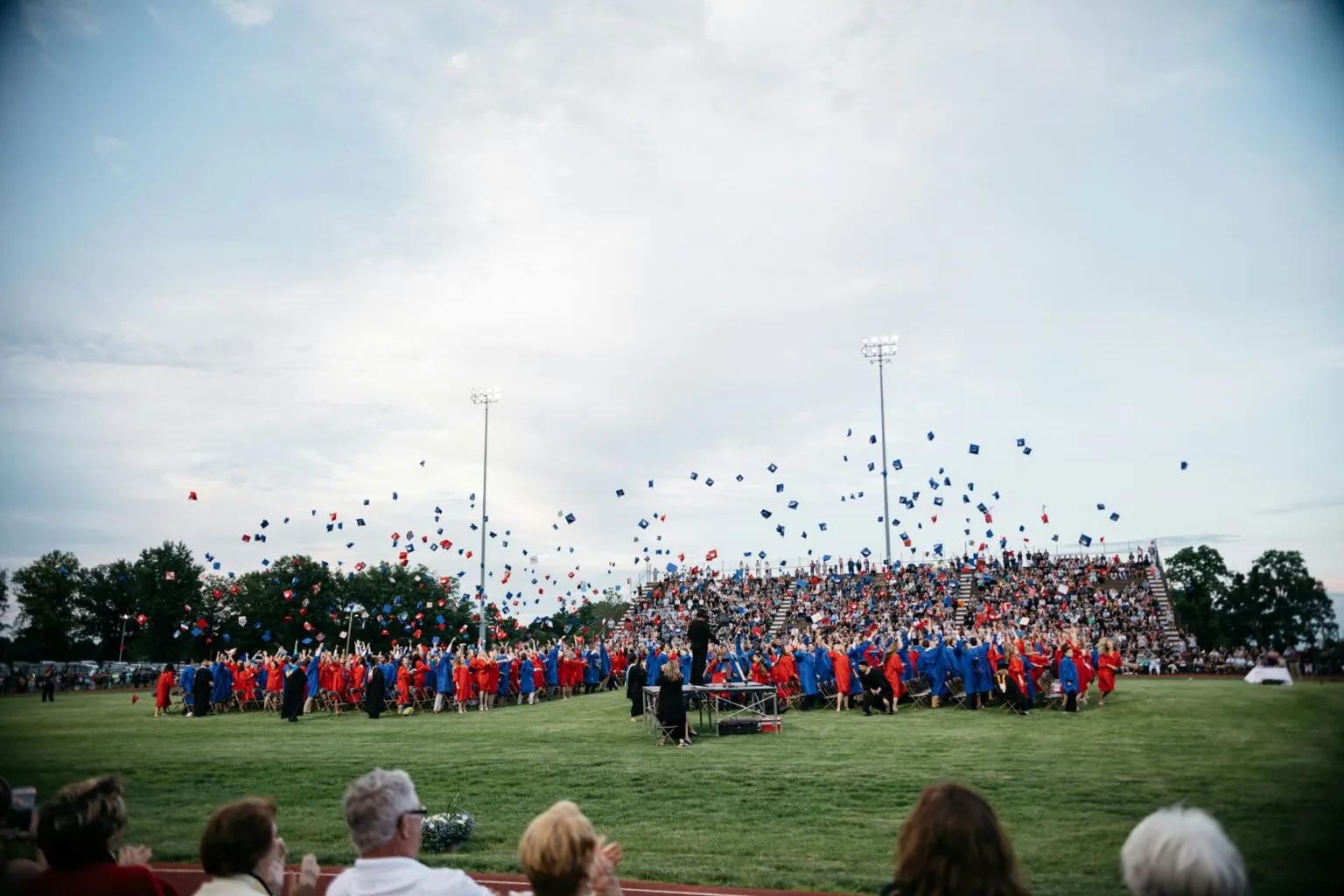School events create opportunities for students, parents, and educators to come together in a positive, collaborative setting. From talent shows to awards ceremonies, these gatherings celebrate achievements and build stronger communities. However, organising such events can become a challenge when physical space or funding is restricted. This article explores five realistic tips to help educators and staff organise successful school events, even with financial or spatial constraints.
Choose Multi-Purpose Equipment to Maximise Space
One practical approach to managing restricted venues is selecting tools that serve multiple functions. A portable mobile stage offers a highly efficient solution for schools managing events in limited or shared spaces. Its modular design allows for quick assembly, making it suitable for tight schedules or multi-user environments.
The stage can be configured in various sizes or heights to match different activities, from student performances to award presentations. Because it is not fixed in place, the platform can be relocated once its primary function concludes, instantly freeing up space for other uses. This adaptability makes it a valuable asset for schools aiming to host smooth, well-organised events without relying on permanent infrastructure.
Schedule Events in Rotations Rather Than All at Once
When hosting large audiences in smaller areas, staggering participation through multiple sessions can prevent overcrowding. For example, divide students into different groups and assign them designated time slots for their involvement in performances or exhibitions. This method ensures that everyone enjoys the program without overwhelming the venue.
Rotational scheduling also allows event staff to reset the space between segments. Once chairs are rearranged, light refreshments can be served in the same room. This system offers a more relaxed experience for attendees and reduces stress on volunteers or coordinators managing the flow of activities.
Use Technology to Reach a Wider Audience
In situations where space is severely limited, virtual participation can ease pressure on the physical location. Live-streaming the event or offering a recorded version ensures that parents, relatives, and community members still have access. A simple camera setup and an internet connection can expand the event’s impact without increasing the crowd.
Projectors and audio systems can also optimise communication in crowded or acoustically challenged spaces. These tools help ensure that every attendee can see and hear the critical moments, even if they are seated in an overflow area. Recorded versions may also serve as keepsakes or tools for educational review.
READ MORE : Accounts Receivable Solutions for Efficient Cash Flow Management
Repurpose Existing School Resources
Take advantage of school property and repurpose items that are already available. A gym floor can be converted into a makeshift auditorium using folding chairs, student desks, and temporary curtains. A hallway may become a gallery for student projects, and the library might host smaller group sessions or reading segments.
A portable mobile stage provides elevation and focus for performances or speeches, even in unconventional settings. It allows everyone in attendance to view performers clearly, especially in flat-floor environments like cafeterias or multipurpose rooms. Its easy setup and mobility make it a practical addition to any school’s event inventory.
Focus on Engagement Over Excess
When budgets are tight, prioritising meaningful experiences over flashy setups is essential. Interactive activities, student-led programs, and audience participation create strong memories regardless of the setting. A simple talent show or quiz competition with enthusiastic involvement can be more impactful than a high-cost program with limited interaction.
Staff members and students alike should be encouraged to contribute ideas that promote inclusion and creativity. Involving the school community in planning not only reduces costs but also fosters stronger emotional connections to the event itself. Authentic engagement often resonates more deeply than expensive entertainment or displays.
Hosting school events with limited space or budget does not require grand setups or costly investments. By focusing on thoughtful planning and using adaptable resources like a portable mobile stage, schools can create successful and enjoyable programs for everyone. What matters most is fostering connection, recognising achievements, and building a positive community spirit within the available means.



